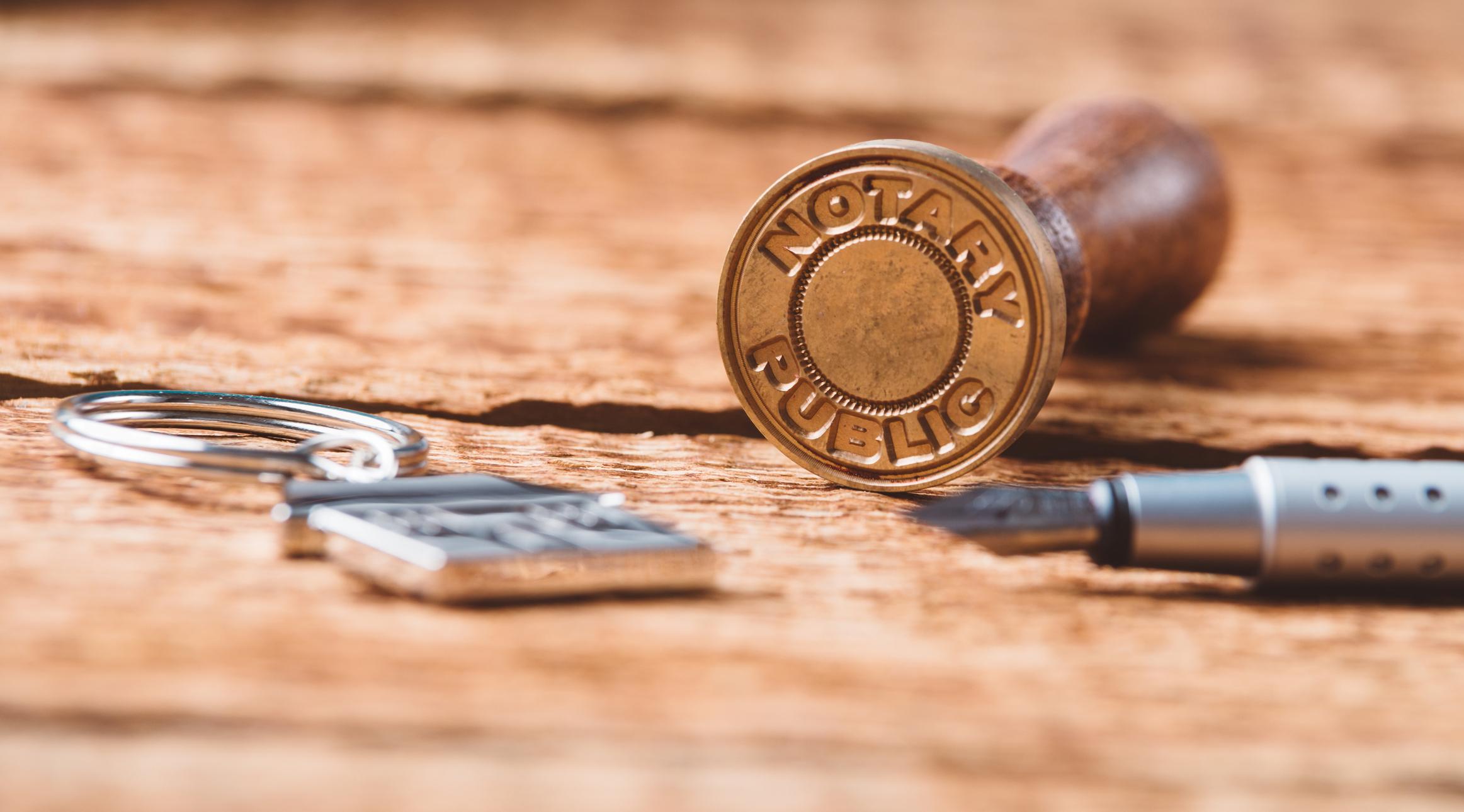Understanding Apostille: Simplifying International File Legalization
Understanding Apostille: Simplifying International File Legalization
Blog Article
Debunking Notarial Job: Simplifying the Function and Significance of Notaries
In the elaborate internet of legal documents and confirmation, notaries stand as pillars of assurance and authenticity. Their role, usually shrouded in secret for many, carries considerable weight in making sure the credibility and integrity of important files. As guardians of legality and truth, notaries play a crucial component in our culture, yet their job is not constantly totally recognized. By unraveling the complexities surrounding notarial practices and shedding light on the significance of their acts, a more clear understanding emerges of the essential role notaries play in supporting the fabric of legal and legal agreements.
The Background of Notarial Work
How did notarial job progress gradually to end up being an important part of lawful and company purchases? The background of notarial work dates back to ancient human beings, where scribes played an important duty in recording crucial info and validating papers. As societies proceeded, the demand for a more formalized system to ensure the legitimacy of agreements arose. This brought about the growth of notaries, people selected by the state to work as impartial witnesses in legal issues.
During the Middle Ages, notaries got importance in Europe, with their features increasing to include composing lawful files, certifying trademarks, and preserving documents. The surge of international trade additionally stressed the significance of notarial job in validating agreements and arrangements across borders.
In the contemporary age, notaries remain to play an important function in lawful and service purchases by verifying identifications, validating the credibility of papers, and avoiding fraudulence. Their role in licensing the credibility of arrangements includes a layer of safety and security and depend the ever-evolving landscape of business and law.

Obligations and Duties of Notaries
Notaries play a crucial role in validating the authenticity of papers and the identity of signatures. One of their primary duties is to witness the signing of vital files, such as agreements, acts, and wills, to make certain that all celebrations are getting in into agreements knowingly and willingly.
In addition, notaries are tasked with carrying out affirmations and vows, which are critical in lawful procedures and the execution of sworn statements. They accredit copies of initial files, providing guarantee to organizations that the copies are real reproductions of the originals. Notaries have to maintain precise records of all deals they look after to ensure openness and accountability. On the whole, the tasks and duties of notaries are important in guarding the stability and legality of various documents and purchases.
Notarial Certificates and Signatures
Exhibiting thorough interest to detail, notarial certificates and trademarks offer as important parts in validating the authenticity of legal papers. Notarial certificates generally include critical information such as the day of registration, the names of the signatories, a summary of the paper, and the notary's official seal. These certifications supply a clear document of the notarial act, ensuring that the record can be conveniently recognized and traced back to the notary who looked after the procedure.
Trademarks play a critical duty in notarial work, as they symbolize the contract and approval of the parties entailed. Notaries carefully witness the signing of papers to verify the identification of the signatures and confirm that they are signing of their very own free choice. By attaching their official seal and trademark to the file, notaries certify that the necessary treatments have actually been complied with and that the record is valid and enforceable.
Basically, notarial certifications and signatures are the trademark of credibility in legal deals, offering guarantee to all celebrations involved that the files are reputable and binding.
Relevance of Notarial Acts

Notarization Refine Described
Explaining the registration procedure supplies clarity on the vital actions involved in validating lawful files. The notarization process usually starts with the individual presenting the record to a notary public. The notary after that validates the endorser's identification with acceptable identification techniques. When the identification is verified, the notary makes certain that the individual signing the record does so willingly and with no browbeating.

Verdict
Notarial certificates typically have vital info such as the date of registration, the names of the notaries, a description of the record, and the notary's official seal. These certificates give a clear record of the notarial act, guaranteeing that the record can be easily determined and mapped back to the notary who looked after the process.
By fastening their official seal and signature to the document, notaries certify that the required procedures have been complied with and that the record is enforceable and legitimate.
By validating the identity of the signatories, confirming their desire to get in right into the contract, and certifying the date and area of the signing, notaries play a crucial role in maintaining the credibility of legal files.After the document is signed, go to website the notary will affix their main seal or stamp onto the file.
Report this page